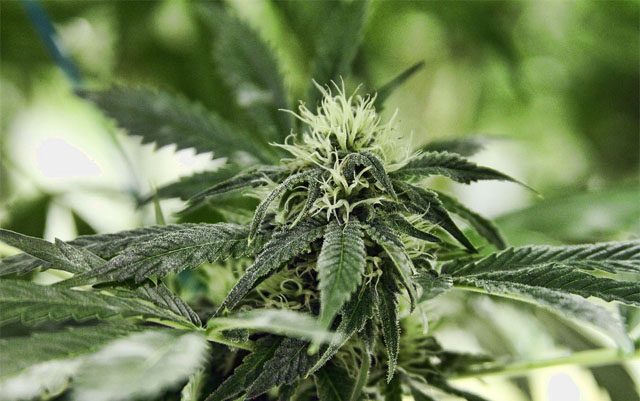The subject of cannabis legalization and how it affects the black market for marijuana is one that is often discussed; in fact, the frequency of its discussion in the media seems to be on the rise. Prohibition supporters like to pretend that cannabis activists claimed the black market would disappear with the advent of legalization, and writers in the mainstream press are more than happy to pick up that talking point and run with it.
With recreational legalization coming soon to Illinois, it’s a subject the press in the state is covering as well. A recent article in the Chicago Tribune asks the question directly: “What happens to the weed black market when recreational marijuana goes legal Jan. 1?”
The short answer is one activists have been giving since the beginning of the legalization movement: at first, nothing will happen to it. What happens to a corner store when Wal-Mart opens 10 miles away? At first, nothing. But, over time they will lose business as more people take advantage of lower prices and a greater variety of products. The corner store may close, or it may not, a lot factors into that.
Now imagine the Wal-Mart in question charged much higher prices than the corner store due to heavy regulations and high taxes? How would the corner store fare then? They would probably do just fine, and stay in business much longer than if Wal-Mart charged lower prices.
This is the current state of the marijuana industry in most places in the U.S., as well as in Canada. Legal marijuana continues to be overpriced and only available in certain geographical areas. Illicit marijuana is priced much lower and is available everywhere.
Legal marijuana is not magic, and neither is economics. Telling people they should buy legal marijuana is not going to eliminate the black market. Consumers must have incentive to make the switch to legal cannabis – and price, variety and convenience all heavily impact that decision.
A greater supply of legal marijuana products will positively influence these factors and over time will lead more people to the legal market. That is the ONLY thing that will reduce the black market in any way.
And the key to a larger supply is government getting out of the way, which means less regulation, lower taxes and fees, and fewer bans on legal marijuana businesses. This will increase supply, which will increase variety and lower prices. As more consumers make the switch, more businesses will be needed to meet demand, growing the industry and shrinking the black market even more.
Knowing what needs to be done is not difficult, but apparently doing it is. And until then, we’ll still be talking about legalization and the black market.







Before legalizing marijuana, We the People (who vote) should insist that our representatives in Congress first rectifies the malformed federal definition of marijuana. This will eliminate “black-market marijuana” by carefully descheduling cannabis with limited federal controls, and clearly specifying the meaning of “marijuana”. Cannabis can be carefully descheduled by reconstructing the definition of marijuana like this:
The term “marijuana” means all parts of the smoke produced by the combustion of the plant Cannabis sativa L., which is, as are the viable seeds of such plant, prohibited to be grown by or sold by any publicly traded corporation or subsidiary company, and such smoke is prohibited to be inhaled by any child or by any person bearing any firearm, as is their intake of any part or any product of such plant containing more than 0.3% THC by weight unless prescribed to such child by an authorized medical practitioner.
When “marijuana” means “cannabis smoke”, then cannabis will be clearly identified as the legal-market precursor plant used for state regulated “cannabis products” or in the act of smoking. Smoking the plant will remain federally prohibited until marijuana itself is removed from Schedule 1. Its removal from Schedule 1 could occur either sooner or later depending on the haste in reconsidering its adulterated medical value.
After either descheduling or rescheduling marijuana itself, the controls and protections will remain for using cannabis, as originally intended by the 2nd, 9th, 10th, and 14th Amendments. Such benefits arise from defining marijuana in the way that conforms to the Necessary and Proper Clause.